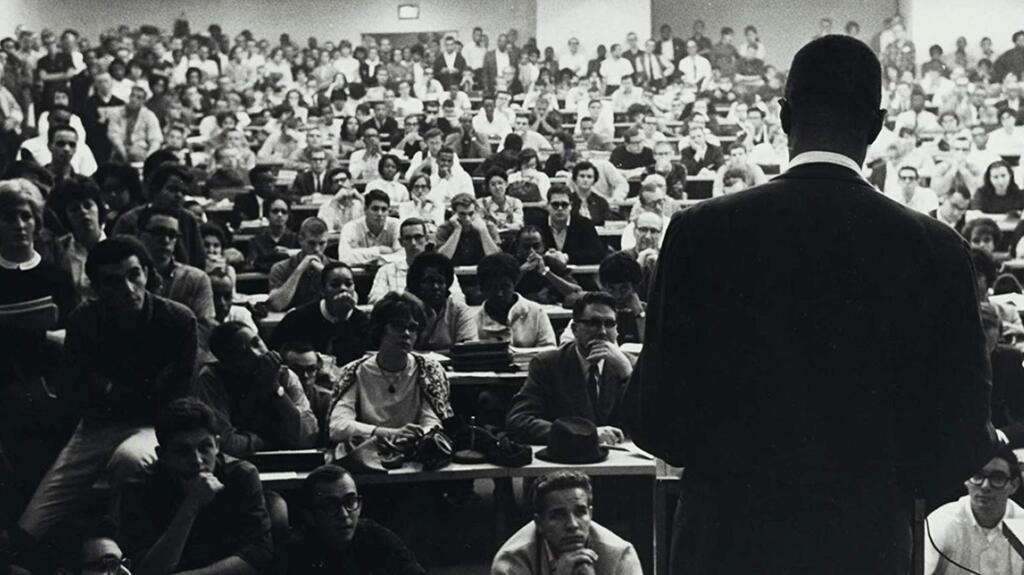Getting your Trinity Audio player ready...
Leaders must choose their words carefully. They should always act under the assumption that a contentious remark could lead to a revolution.
Malcolm X, who was a prominent figure during U.S. the civil rights movement, claimed a revolution is “like a forest fire. It burns everything in its path, destroys the system, and replaces it with a better one.” History teaches us that Malcolm X was wrong: forest fires create nothing but scorched earth and leave behind burned caracses.
Former Prime Minister Ehud Barak knows this well. Therefore, it was disappointing to read an article on Ynet's sister outlet Yedioth Ahronoth over the weekend, where the former premier called for “civil disobedience without violence,” over radical elements in Prime Minister-designate Benjamin Netanyahu's emerging coalition.
Barak said although the formation of the emerging coalition is "legal," it is “illegitimate” due to "stinking political deals” that led to its establishment.
This brings us to the court trial following the Kafr Qasim massacre – which occurred on October 29, 1956, when Israeli Border Police officers shot to death 49 Kafr Qasim residents and injured 13, including women and children.
During the trial of the soldiers who were present during the incident, the court ruled that the orders they were given were illegitimate - to the point that carrying them out would be considered a criminal offense.
At the basis of the right to civil disobedience lies the acknowledgment of the government’s legitimacy. The act of disobedience seeks to express disagreement over a given legislation or decision of said government.
Barak, meanwhile, calls for disobedience "not to fix, but to replace" the incoming government.
This is the main difference between people like Malcolm X, who believe the government is illegitimate and want to destroy it, and people like Martin Luther King – who see the government as legitimate and only want to make changes to make the system more just.
True civil disobedience must be public and non-violent, since its goal is to emphasize the problem that is being protested and rally the rest of the public to join.
But Barak isn’t trying to rally the public, but to divide it by saying that those who fail to join him are afraid of doing so because they are worried about their political position.
As a result, he may cause the government to be seen as illegitimate and block any free, public dialogue.
U.S. philosopher Henry David Thoreau (who wrote the book about civil disobedience on which Barak is basing his argument) was the first to argue the right of civil disobedience.
“If a man does not keep pace with his companions, perhaps it is because he is moving to the bear of a different drum. Let him move to the music that he hears, however measured or far fetched,” he wrote.
As mentioned, many share Barak’s fears over the incoming government, but when someone thinks hearing a different beat is wrong, shunning or forcing them to match your own could also lead to harming of basic human rights. Something Barak fears Netanyahu's government would do.





